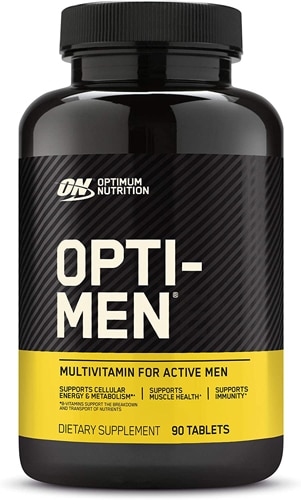While researchers still aren’t entirely certain just how exercise works to increase immunity, we know that being physically active on a regular basis is one of the best things you can to decrease your risk for developing many diseases.
Along with factors like eating a nutrient-dense diet, getting enough sleep and limiting psychological stress, exercising is one lifestyle habit that influences your immune response in some remarkable ways.
There’s more good news: you don’t need to go to extremes, work out for hours or even train at high intensities to reap the benefits — even moderate and consistent exercise can have real payoffs.
How are exercise and immune system health connected?
Experts tell us that exercise contributes to overall health in numerous ways, such as by:
- Helping to maintain a normal weight
- Improving cardiovascular health, including by boosting circulation, lowering blood pressure and helping with cholesterol management
- Reducing risk for chronic diseases, such as diabetes/insulin resistance and heart disease
- Keeping bones strong
- Supporting mental health, and even helping to decrease depression and anxiety
Staying fit and healthy in general leads to a more robust immune system, as well as protection against a number of common diseases.
Here are some of the specific ways that regular exercise can lead to enhanced immune function:
1. Increases Circulation and Supports the Lymphatic System
The lymphatic system helps to remove waste and harmful substances out of the body, aiding in detoxification. A body in motion seems to help the lymphatic system, as well as the respiratory system, to work more efficiently.
Since exercise increases blood flow and helps to move fluids around the body, it enhances your immune system’s ability to flush bacteria out of the lungs and airways. This translates to a probable reduced chance of developing respiratory issues, as well as catching common colds or the flu.
2. May Help Decrease Growth of Harmful Bacteria
Research has demonstrated that exercise can lead to positive changes in production of antibodies and white blood cells, which help to defend you against illnesses. Studies have found that moderate exercises boosts circulation of immunoglobulins, anti-inflammatory cytokines, neutrophils, NK cells, cytotoxic T cells, and immature B cells, all of which play critical roles in immune defense activity.
Your body temperature also goes up following exercise, which is thought to potentially prevent bacteria from growing, possibly helping to stop infections from worsening.
3. Reduces inflammation
Although there’s more to learn about exactly how this works, exercise seems to have anti-inflammatory influences due to its positive effects on multiple metabolic pathways. It can essentially help to ward off certain age-related changes to the immune system, while improving glucose and lipid metabolism.
4. Helps you cope with stress
Here’s one of the benefits of exercise that you can feel almost immediately: it helps improve your mood, allows you to cope with stress better, and even slows down the release of stress hormones, such as cortisol, into your bloodstream.
Stress hormones are known to suppress immune cell function when chronically high. Experiencing chronic stress may increase your chances of becoming sick, and even developing some serious diseases, because it can promote inflammation.
However adults who exercise regularly experience improved “immuno-surveillance” and lower systematic inflammation, which experts think is particularly protective among people who are obese or have underlying health conditions.
5. Helps you sleep better
Exerting energy by being more active during the daytime often leads to more restful sleep. And this is a good thing for your immune system, considering adequate sleep helps your body produce an appropriate amount of protective cytokines that defend against inflammation and infections.
By increasing the quality of your sleep, you can also help to control your appetite (since sleep deprivation is linked to more cravings for junk food). This means that exercise may lead to you making better dietary choices, which is another way it can boost immunity and general health if it translates to higher nutrient intake.
What type of exercise qualifies as “moderate”?
A moderate exercise program can consist of: walking briskly or cycling for 30 minutes each day, strength-training at least several times per week at moderate intensity, going for difficult hikes several times weekly, or going to the gym 3-4 days a week for a class or cardio workout.
If you’re stuck home and don’t have access to a gym, don’t worry; exercising outdoors may lead to even more benefits — both because it has relaxing effects, and because it helps you avoid germs that are too often found in gyms.
It’s important to point out that while regular exercise can help boost immunity, too much exercise may actually have the opposite effect. Some research suggests that very frequent, high-intensity exercise may cause athletes to become fatigued and more susceptible to illnesses, since exercise is actually a form of stress (although usually a “good stress”).
It’s speculated that if the body is putting too much energy and resources towards physical activity and recovery from intense exercise, then it may not have enough to keep the immune system in tip-top shape. That’s why regular, moderate exercise — perhaps with some intense exercise thrown in — is recommended for optimal health.




